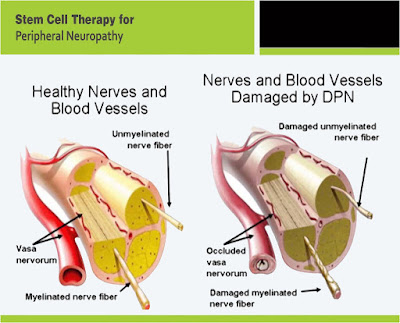Does depression cause brain damage? Does it make you dumber?

Actually, that's a pretty interesting concept. The brain is a very, very complex organ, and there's so much we don't know or understand about it, however based off images of the brain taken through a PET ( Positron Emission Tomography ) scan it shows that a depressed brain is in a way “damaged”. This proves that depression isn't just something you can get over in a week, and isn't just “all in your head”, for lack of better term. (You aren't just making it up) PET scan: As you can see, the depressed brain is literally different, because of the lack of chemicals like serotonin and dopamine. The brain is ill in a sense, the lack of green and yellow in the depressed brain showing the difference. Depression isn't made up, it's real, and it's serious; however, though depression is a long painful ride, it can be treated. Antidepressants and SSRI's (Selective Serotonin Re-uptake Inhibitors) can help treat clinical depression and other ...





